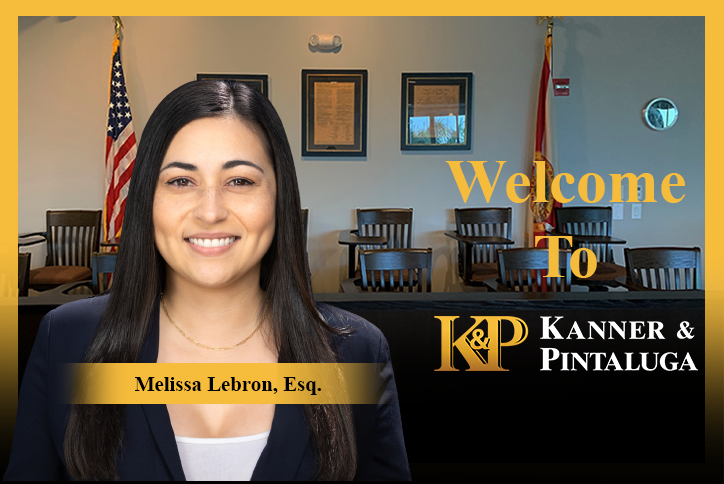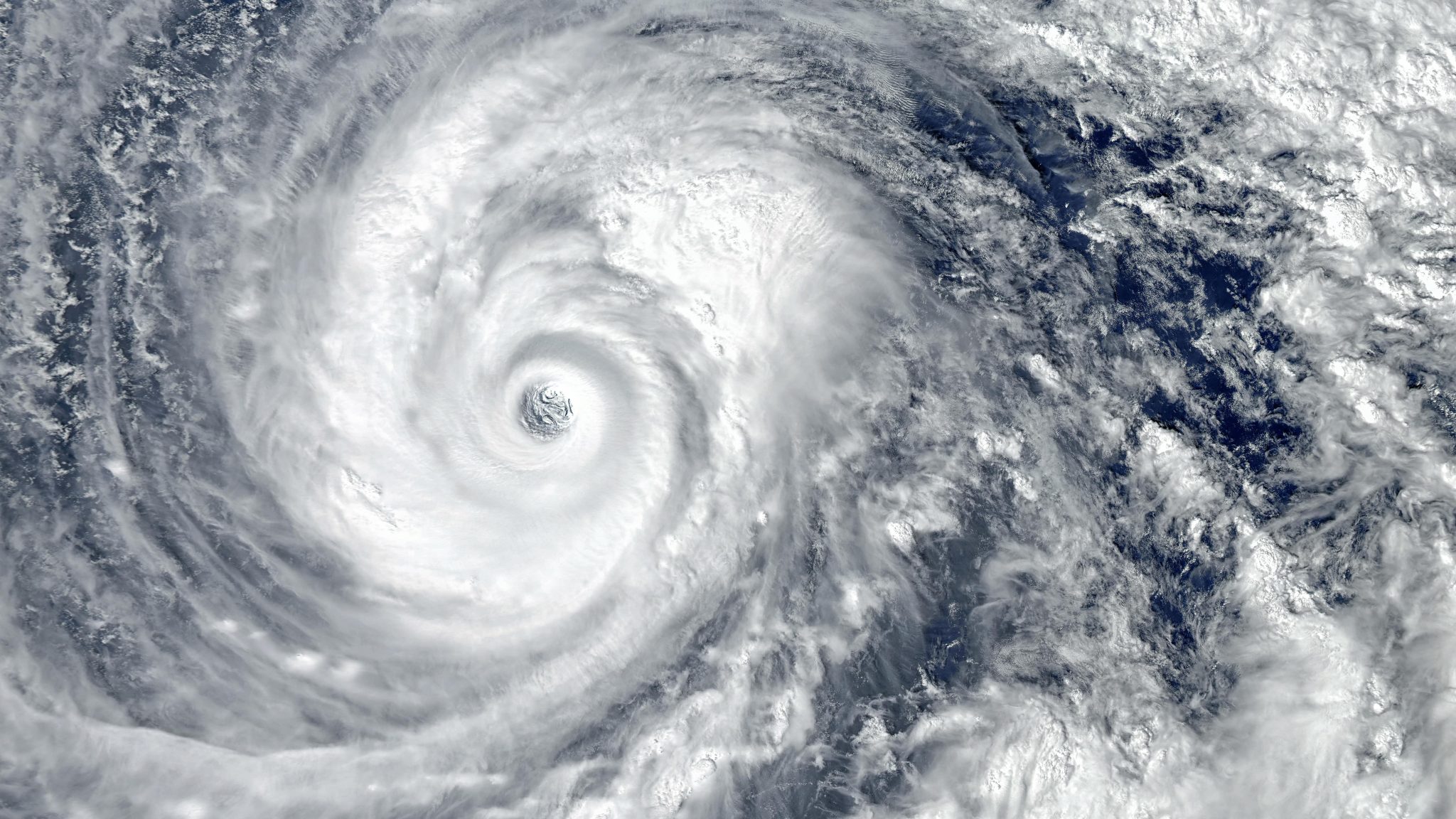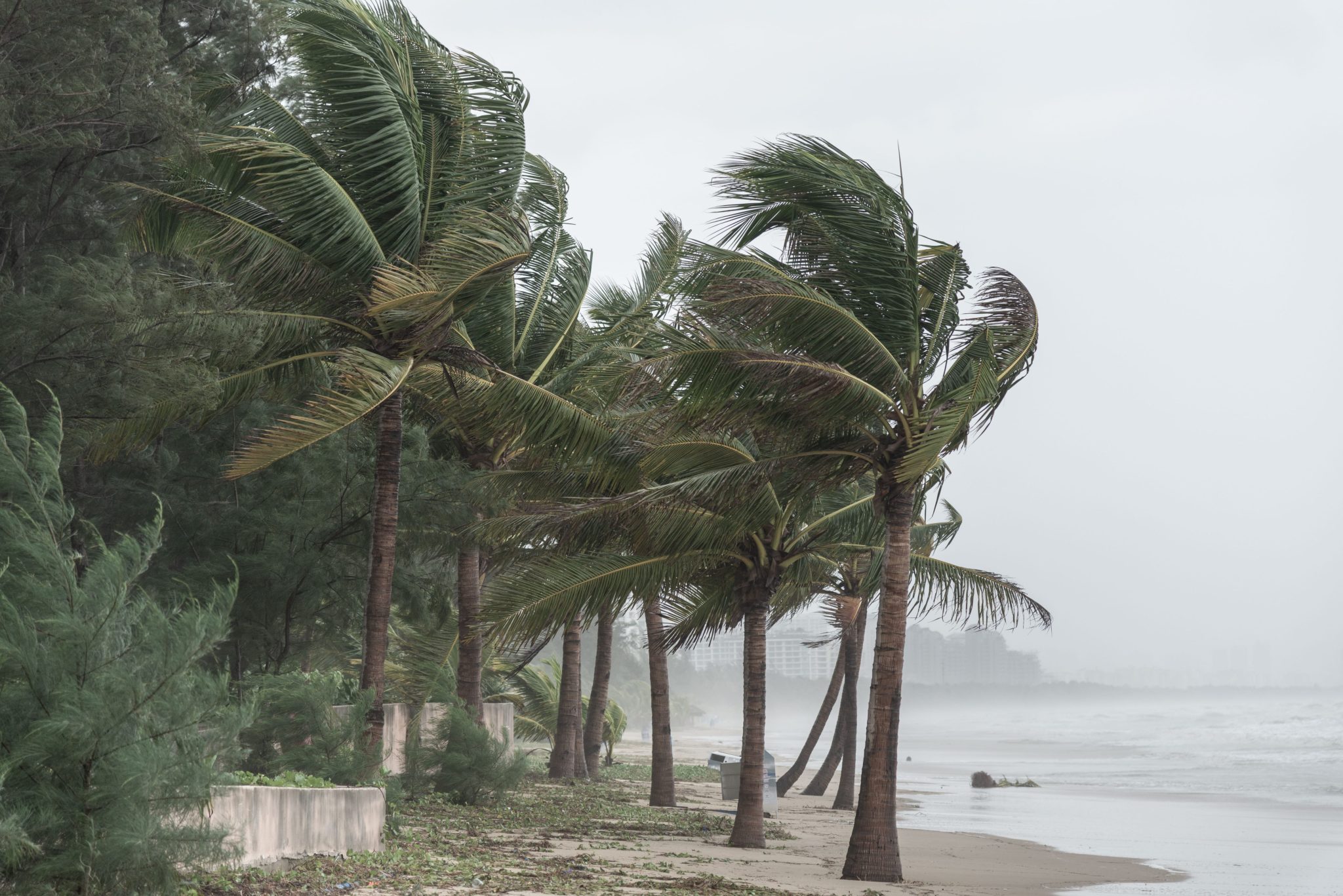- WE’RE HERE TO HELP 24/7
- 800.586.5555
What Can Typhoon Mawar Tell Us About the 2023 Atlantic Hurricane Season?

Kanner & Pintaluga Welcomes Melissa Lebron in Orlando
May 18, 2023
Is Florida About to Have Its First Hurricane of 2023?
June 1, 2023What Can Typhoon Mawar Tell Us About the 2023 Atlantic Hurricane Season?

Hurricane season for the United States has started early this year but interestingly the first hurricane isn’t on the Atlantic Ocean of the Gulf of Mexico.
A powerful typhoon named Mawar is currently slamming Guam–an unincorporated territory of the United States located in the western Pacific Ocean. The Category 4 storm made landfall on Wednesday, May 23 bringing heavy rain, damaging winds and an overall sense of devastation to the island. The residents of Guam are facing widespread power outages, flooding and significant damage to infrastructure and homes.
As of May 24, the typhoon is beginning to subside and exit the Mariana Islands. However, Mawar’s impact is being felt across the island, leaving a trail of destruction in its wake.
As Guam is dealing with the aftermath of the strongest tropical cyclone in years, many residents of Southeastern states like Florida, Louisiana and Georgia are wondering (and worrying) what this year’s hurricane season has in store for them. One thing is clear—preparation is key. As the new hurricane season approaches, the focus shifts to strengthening emergency plans, stocking up on essential supplies and staying informed about potential storm developments.
Hurricane or Typhoon? What’s the Difference?
Mawar is just another name given used to refer to a powerful ocean storm wreaking havoc on land. But why is it considered a typhoon and not a hurricane? Is there a difference between the two destructive weather phenomena?
The answer lies in the geographical location where these storms occur. In general, the term “typhoon” is used to describe a tropical cyclone that forms in the Northwestern Pacific Ocean, particularly in the region near Asia. On the other hand, the term “hurricane” is used for similar storms that form in the Atlantic Ocean and the Northeastern Pacific Ocean, including the Caribbean Sea and the Gulf of Mexico.
While both typhoons and hurricanes are essentially the same meteorological phenomenon—intense tropical cyclones with strong winds and heavy rain— the difference lies in the specific oceanic regions where they occur. Regardless of the name used, the impacts of these storms can be equally devastating, causing widespread destruction, loss of life and requiring prompt and coordinated emergency responses from the affected areas.
2023 Atlantic Hurricane Season Predictions for Florida
If you live in Florida, you’re likely interested in what this year’s Atlantic hurricane season will be like for residents of the Sunshine State.
According to Colorado State University, this year’s hurricane season is gearing up to be slightly below average in terms of storms, hurricanes and overall accumulated cyclone energy. With the likely development of El Niño, a climate phenomenon characterized by the warming of the surface waters in the eastern tropical Pacific Ocean, typhoons in the Pacific are predicted to increase (case in point—Mawar) and hurricanes in the Atlantic are likely to lessen.
Based on CSU’s predictions, of the 13 names storms forecasted for this season, six are expected to become hurricanes and two to reach major hurricane strength (categories 3,4 and 5). These predictions exhibit characteristics of the 2015 hurricane season, which was relatively mild and quiet in terms of storm and hurricane activity.
However, it’s no secret mother nature can be an unpredictable beast and extreme weather can’t always be explained or predicted. This is why you should still take proactive measures to protect yourself, your loved ones, and your property.
Stay informed about the latest weather updates and heed any warnings or evacuation orders issued by local authorities. Prepare an emergency kit with essential supplies and create a family emergency plan. Secure your home and property, including reinforcing windows and doors, trimming trees and securing loose items that could become projectiles in high winds.
When Disaster Strikes, You Can Rely on Kanner & Pintaluga for Help
If you have suffered damages or losses as a result of a hurricane, whether it be due to property damage, personal injury or insurance disputes, don’t hesitate to contact the personal injury attorneys at Kanner & Pintaluga.
We can provide you with the necessary legal guidance and representation to help you seek the compensation you deserve. Time is of the essence in filing claims, so act today and protect your rights.
If you have questions or would like to get a free case evaluation, call 1-800-586-5555.
